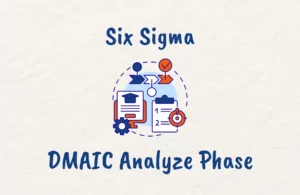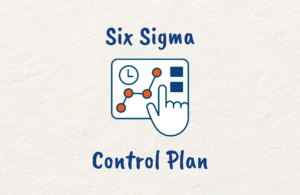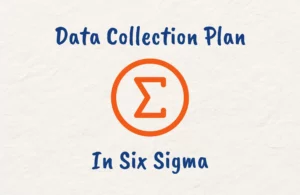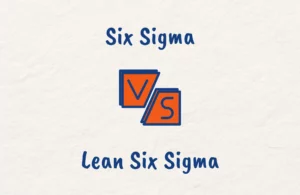When it comes to project management and product development, Scrum is one of the methodologies that has been widely adopted across various industries since its inception.
As the demand for Scrum professionals grows, the need for certified Scrum professionals also grows daily.
In the Scrum world, the Certified Scrum Master (CSM) and Professional Scrum Master (PSM) are the most popular and sought-after certifications.
For newbies and people already practicing Scrum, it could get dicey when choosing which of the certifications to go for and take mastery of Scrum to the next level.
In this post, we’ll take an in-depth look at CSM vs PSM and provide a comparison that will aid you in deciding which is right for you.
Scrum Overview
Scrum is a framework that uses the Agile methodology to manage complex projects and product development.
It’s designed to help teams work together to deliver value to customers in an incremental and iterative way.
The Scrum framework is based on the principles of transparency, inspection, and adaptation, which allow teams to continuously improve their processes and deliverables.
Scrum has become increasingly popular in recent years and is now used by organizations of all sizes across various industries such as software development, finance, healthcare, and many more.
Origin of Scrum
Scrum was first introduced in the 1990s by Ken Schwaber and Jeff Sutherland, and it was officially recognized as a framework in 1995.
The framework was created to address the challenges of managing complex projects and products that traditional project management methodologies were not able to handle.
Since then, Scrum has evolved into one of the most widely used Agile frameworks in the world. This Scrum 101 tutorial provides more information about the Scrum framework.
What is CSM?
CSM, or Certified ScrumMaster, is a professional certification for individuals who want to learn and apply the Scrum framework.
CSM is provided by Scrum Alliance® and is the first Scrum Master certification. It’s also one of the most recognized Scrum certifications worldwide.
The CSM certification is designed to validate the holder’s understanding of Scrum principles, team accountabilities, events, artifacts, and their ability to apply Scrum in a real-world setting.

CSM Certification Process
If you want to become a CSM, you must attend an official Scrum Alliance two-day course by a Certified Scrum Trainer or training from a Certified Agile Coach, then pass a multiple-choice exam.
The course or training must cover the basics of Scrum, including roles, events, and artifacts, as well as advanced topics such as scaling Scrum and creating a culture of continuous improvement.
When you are done with the course, the next step is to take the CSM exam and pass it. It’s a one-hour exam with 50 questions and passing entails answering at least 37 questions correctly.
When you pass the exam, you’ll be asked to accept the CSM License Agreement and fill out a Scrum Alliance membership profile which is valid for two years.
Once you’re certified as a CSM, you have to renew your certification every two years by earning 20 Scrum Education Units (SEUs) through professional development activities and a renewal fee of $100.
Benefits of CSM Certification
There are a lot of benefits that acquiring a CSM certification will bring to you. These include:
1. Knowledge and proficiency in core Scrum practices
The CSM certification course teaches you everything you need to know about Scrum’s values, principles, and practices.
This understanding and proficiency in core Scrum practices is required for anyone who wishes to lead and manage complex projects.
2. Work as a Scrum Master in Various Industries
Scrum Masters are in high demand as Agile practices become more widely adopted across industries.
A CSM certification allows you to work as a Scrum Master in a variety of industries, including software development, finance, and healthcare.
3. Potential for Higher Salary
A CSM certification can lead to a higher salary depending on your experience, certification level, and location.
Employers are willing to pay a premium for Scrum certified professionals with experience.
4. Stepping Stone for Advanced CSM Courses
If you’re looking to advance your knowledge and skills in Scrum, the CSM certification is an excellent starting point.
It’s a prerequisite for advanced CSM courses such as Advanced Certified ScrumMaster (A-CSM), Certified Scrum Professional – ScrumMaster (CSP-SM), or Certified Scrum Trainer (CST).
5. Better Networking Opportunities
The Scrum Alliance connects CSMs to the global community of Scrum practitioners.
This community allows you to network and connect with many Scrum experts and other professionals.
6. Increased Respect
Obtaining a CSM certification is a significant accomplishment that increases your peers’ respect.
It demonstrates a dedication to professional development as well as an in-depth understanding of Scrum principles and practices.
Read Also: 10 Top Benefits of Getting a PMP Certification
What is PSM?
PSM (Professional Scrum Master) certification is a professional certification for people who want to learn and apply the Scrum framework at a high level.
It’s a globally recognized certification provided by Scrum.org, Scrum’s independent accrediting body. and an invaluable asset for anyone looking to advance their understanding and application of Scrum.
You’ll be well-equipped to lead teams and deliver successful projects on time and within budget if you demonstrate advanced knowledge of Scrum principles and practices.
It’s especially useful if you’re a professional who’s already familiar with Scrum and wants to advance your project management career.
There are 3 levels to the PSM which are PSM I, PSM II, and PSM III with increasing levels of difficulty and Scrum expertise.
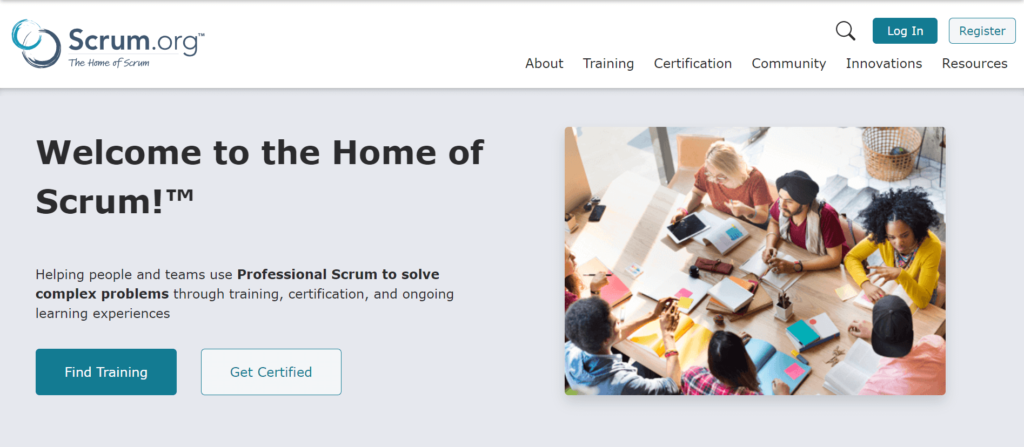
PSM Certification Process
Becoming a PSM involves passing an assessment comprising 80 multiple-choice and true/false questions.
It’s a one-hour assessment and to pass, you’ll need to answer at least 68 of the questions correctly.
The assessment is based on the Scrum Guide, which is the official guide to Scrum, and covers the principles, values, and practices of Scrum, as well as Scrum roles, events, artifacts, and commitments.
Once you pass the assessment, the PSM certification is valid for life and you don’t need to renew it.
While there are lots of courses to help you prepare for this assessment, it’s not necessary and you can go ahead and take the assessment if you’re confident in your knowledge and ability.
Benefits of PSM Certification
If you’re looking to advance your career in project management and become a Scrum Master, there are a lot of benefits that come with getting a PSM certification. These include:
1. In-depth Understanding of Scrum Concepts
The PSM certification course teaches you everything you need to know about Scrum, including its framework.
This knowledge is required if you wish to lead and manage complex projects in an Agile environment.
2. Access to Better Job Opportunities
Top company recruiters are always looking for enthusiastic professionals who enjoy learning. Taking the PSM course demonstrates that enthusiasm and may lead you to better job opportunities.
3. Becoming a Certified Scrum Expert
As a certified Scrum expert, you become a recognized professional in your organization.
This can result in increased job responsibilities, higher pay, and better job opportunities.
4. Ideal Starting Point for Professionals
The PSM certification is an excellent starting point for professionals who want to advance their careers by enrolling in advanced Scrum-related courses such as PSM I, PSM II, and PSM III.
5. Networking
The PSM certification course connects you to other Scrum professionals on the Scrum.org platform.
This allows for networking, sharing best practices, and staying current on the latest Agile trends.
6. Demonstrates Commitment to Personal Development
Obtaining a PSM certification demonstrates your commitment to professional development as well as a strong understanding of Scrum principles and practices.
This can earn you more respect from your peers and help you advance in your career.
Read Also: Scrum Master vs Business Analyst
CSM vs PSM
Having given an overview of both of these top Scrum certifications, it’s time for a head-to-head comparison using different features and factors to enable you to decide which is best suited for you.
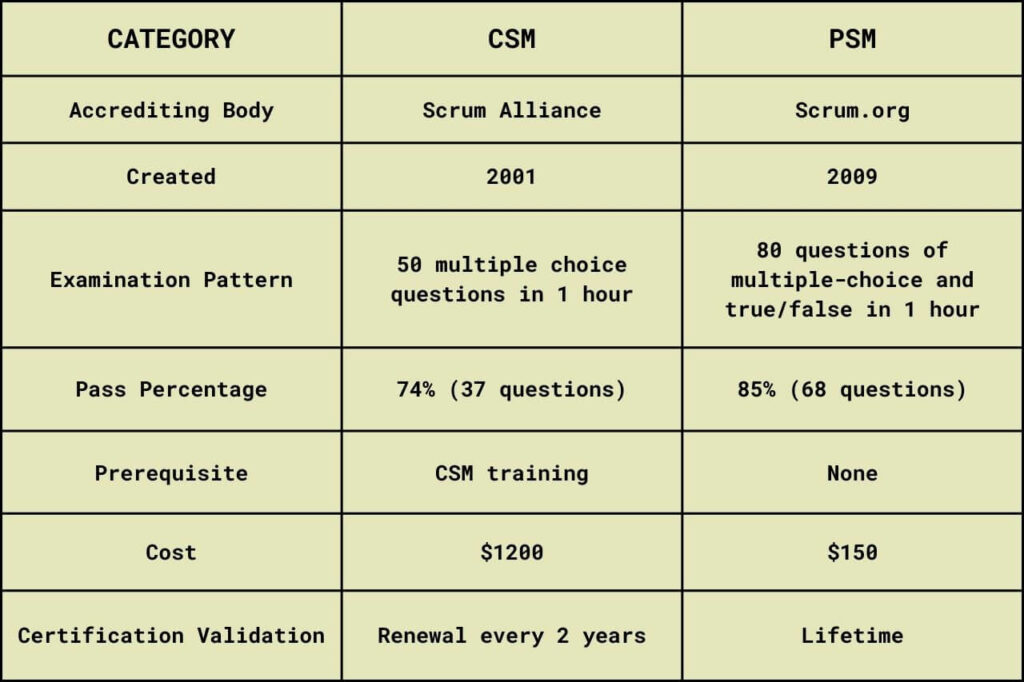
Who Should take the CSM Certification?
CSM certification is ideal if you’re a professional who’s new to Scrum and wants to learn the basics of the framework.
It’s also a good option if you’re looking to hone your leadership and management skills.
Who Should take the PSM Certification?
PSM certification is ideal if you’re a professional who already has a solid understanding of Scrum and wants to advance your knowledge.
It’s also a good choice if you’re looking to advance your project management career and become a recognized professional within your organization.
Is CSM harder than PSM?
Although many people believe that CSM is an easier exam to pass than PSM, it’s difficult to say whether CSM is easier or harder to pass because both certifications have their own set of requirements and evaluation methods.
One may be more difficult for you than the other depending on your background, experience, and learning style.
It’s critical to assess your own learning style and experience before deciding on the best certification for you.
Conclusion
Both CSM and PSM certifications are valuable assets for anyone looking to improve their ability to lead and manage complex Scrum projects.
CSM certification is an entry-level certification that provides an overview of Scrum, whereas PSM certification validates an individual’s advanced understanding of Scrum.
Depending on your experience and career objectives, either certification can help you advance your project management career and become a certified Scrum Master.


